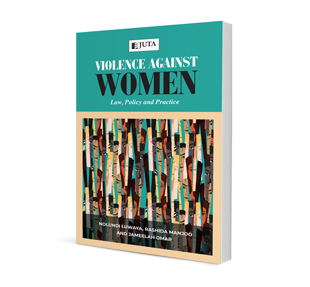Does Africa need a regional treaty on violence against women? A comparative analysis of normative standards in three regional human rights systems

Does Africa need a regional treaty on and violence against women? A comparative analysis of normative standards in three regional human rights systems
Author Rashida Manjoo and Ruth Nekura
ISSN: 1996-2088
Affiliations: Professor of Public Law at the University of Cape Town, former UN Special Rapporteur on Violence against Women, its Causes and Consequences; PhD (UCT); human rights and gender equality consultant, Kenya.
Source: Acta Juridica, 2020, p. 197 – 226
Abstract
This article considers the utility of a specific treaty on violence against women (VAW) in Africa in line with relevant binding regional frameworks in the Inter-American and European human rights systems. It situates the discussion on VAW within a human rights analysis, applying a critical lens to existing normative frameworks and monitoring mechanisms. The article offers a comparative perspective through an overview of the legally binding provisions and implementing mechanisms in three human rights systems, the African, European and Inter-American systems. It is argued that while the Protocol on the Rights of Women in Africa (the Maputo Protocol) has provisions on the elimination of VAW, the Protocol’s weaknesses invite us to consider a specific VAW treaty for Africa, as an opportunity for strengthening the regional human rights system.